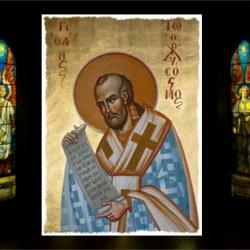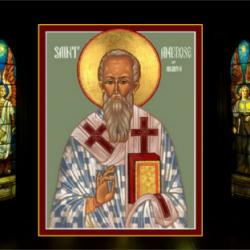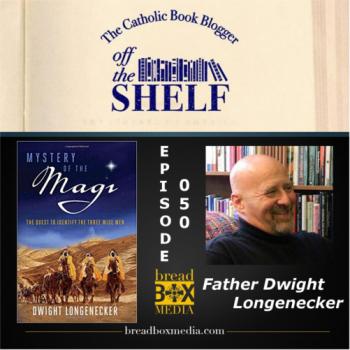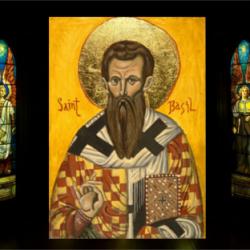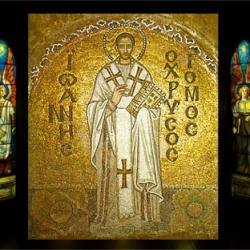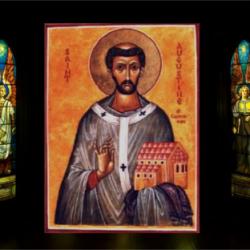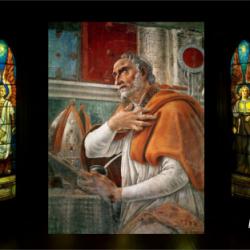What we say can be as important as what we do. St. John Chrysostom reminds us that it’s up to us to decide whether we’ll use our tongues for good or for evil. First of all, we should train our tongues to be ministers of the grace of the Spirit, expelling from our mouths all hostility and ill will, and the habit of using obscenities. We have the power to make each part of our bodies a tool of evil... Read more

